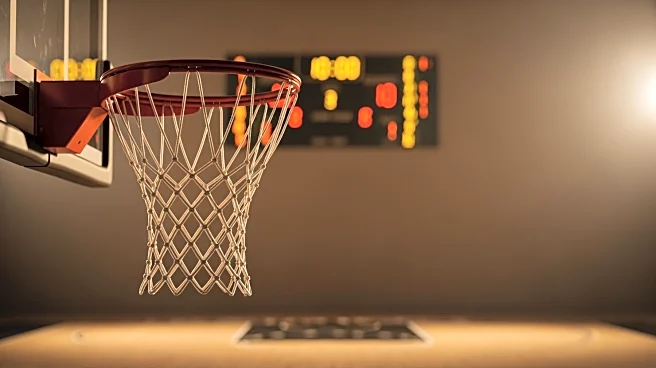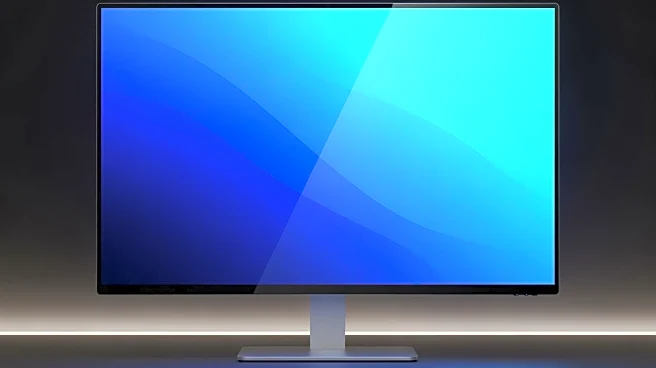What's Happening?
A recent patent filed by Nintendo has sparked speculation about the potential return of Nintendo DS games to the Switch Online service. The patent, which was filed in April and published this week, outlines three methods for dual-screen gaming: Dual Screen
(Parent and Child Screens), Single Screen Mode (Picture in Picture), and Switch Mode (Switch between Screens). This development follows the expansion of the Switch Online service to include GameCube games and the upcoming addition of the Virtual Boy library. The Nintendo DS library was previously available on the Wii U's Virtual Console, featuring over 30 games with touch interaction capabilities.
Why It's Important?
The potential inclusion of DS games on the Switch Online service could significantly enhance the platform's appeal by expanding its library with popular titles from the past. This move could attract both nostalgic gamers and new users interested in exploring classic games. For Nintendo, this could mean increased subscription numbers and engagement on their online service, potentially boosting revenue. Additionally, it reflects Nintendo's strategy of leveraging its extensive game library to maintain competitiveness in the gaming industry. However, as this is only a patent, it remains uncertain if or when these features will be implemented.
What's Next?
If Nintendo decides to move forward with this patent, the next steps would likely involve technical development to integrate DS games into the Switch Online service. This could include adapting the dual-screen functionality to the Switch's hardware. Stakeholders such as gamers and industry analysts will be watching closely for any official announcements from Nintendo. The company may also face challenges in ensuring a seamless user experience, given the differences in hardware between the DS and the Switch.
Beyond the Headlines
The potential return of DS games could also have cultural implications, as it may introduce a new generation to classic games that were pivotal in the early 2000s. This could lead to a resurgence in popularity for certain game franchises and influence future game development trends. Additionally, it raises questions about digital preservation and the role of gaming companies in maintaining access to older games.















